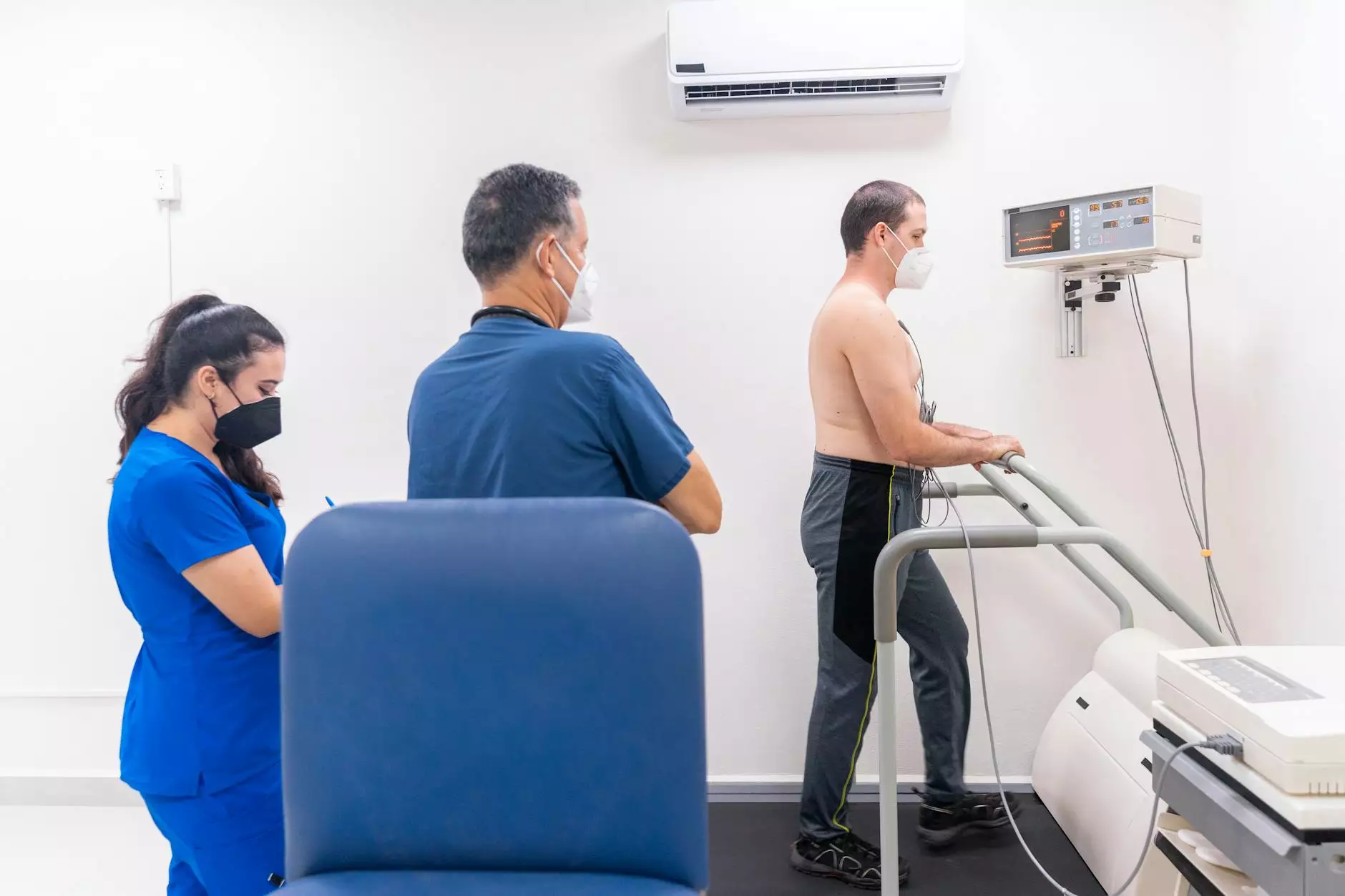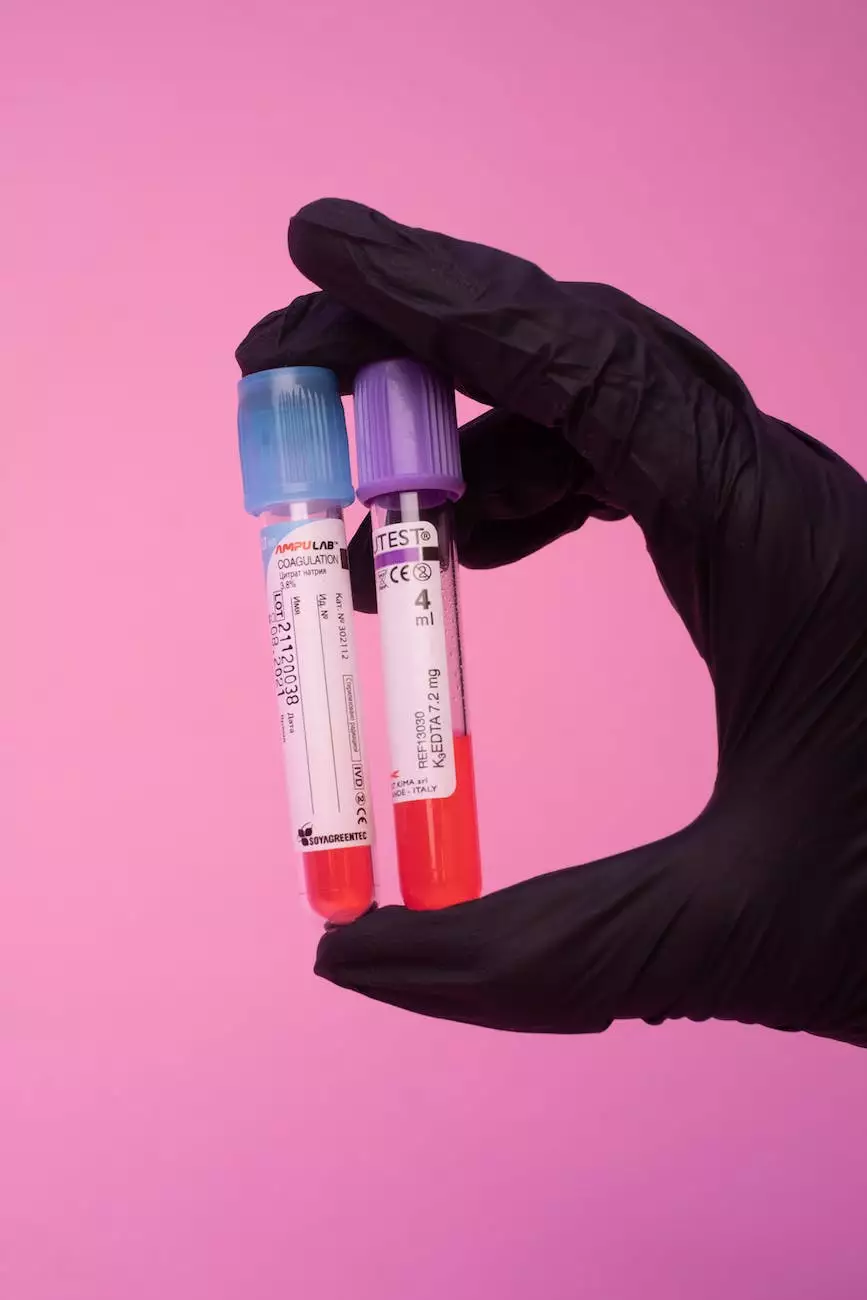Abdominal Obesity—A Warning Sign of Low Testosterone
Health
Introduction
Welcome to CHI St. Luke’s Health - Performance Medicine, a trusted source of information and care in the field of Health. In this article, we will discuss the important connection between abdominal obesity and low testosterone levels.
The Link Between Abdominal Obesity and Low Testosterone
Abdominal obesity, commonly referred to as "belly fat," is not only a cosmetic concern but also a significant health risk. Research has shown that there is a strong correlation between abdominal obesity and low levels of testosterone in men.
Testosterone is a hormone that plays a crucial role in various bodily functions, including the regulation of muscle mass, bone density, libido, and mood. When testosterone levels drop, it can lead to a range of detrimental effects, both physical and psychological.
One of the most noticeable symptoms of low testosterone is the accumulation of fat around the abdominal area. This type of fat, known as visceral fat, is located deep within the abdomen and surrounds vital organs. Visceral fat is highly metabolically active and produces various inflammatory molecules that can disrupt hormonal balance and contribute to the development of chronic conditions, such as diabetes, cardiovascular diseases, and even certain types of cancer.
Health Risks and Implications
Abdominal obesity, combined with low testosterone, poses a significant threat to overall health and well-being. The excess belly fat not only affects physical appearance but also increases the risk of developing serious health conditions.
In addition to the increased risk of diabetes, cardiovascular diseases, and cancer mentioned earlier, abdominal obesity and low testosterone can lead to:
1. Metabolic Syndrome
Metabolic syndrome is a cluster of conditions that occur together, including high blood pressure, high blood sugar, abnormal cholesterol levels, and excess belly fat. This syndrome significantly raises the risk of heart disease, stroke, and type 2 diabetes.
2. Erectile Dysfunction and Sexual Health Issues
Low testosterone levels make it more difficult to achieve and maintain erections, leading to erectile dysfunction. Additionally, reduced libido and decreased sexual satisfaction are commonly reported symptoms in men with low testosterone.
3. Depression and Mood Disorders
Testosterone plays a role in regulating mood, and low levels can contribute to the development of depression, irritability, and other mood disorders.
Treatment Options
Identifying and treating the underlying causes of both abdominal obesity and low testosterone is crucial for overall health improvement. CHI St. Luke’s Health - Performance Medicine offers comprehensive treatments and services to address these concerns.
The treatment options for abdominal obesity and low testosterone include:
1. Lifestyle Modifications
A healthy diet, regular exercise, and weight management play a vital role in reducing abdominal obesity. Our healthcare professionals can guide you on making sustainable lifestyle changes that promote better overall health.
2. Testosterone Replacement Therapy (TRT)
Testosterone replacement therapy is a medical treatment that can help restore testosterone levels to a healthy range. Under the supervision of our experienced physicians, this therapy can provide significant improvements in energy levels, mood, sexual function, and body composition.
Contact Us
If you have concerns about abdominal obesity or low testosterone levels, do not hesitate to reach out to CHI St. Luke’s Health - Performance Medicine. Our team of experts is dedicated to providing personalized care and effective solutions to enhance your well-being.
Contact us today to schedule a consultation and take the first step towards a healthier life.










